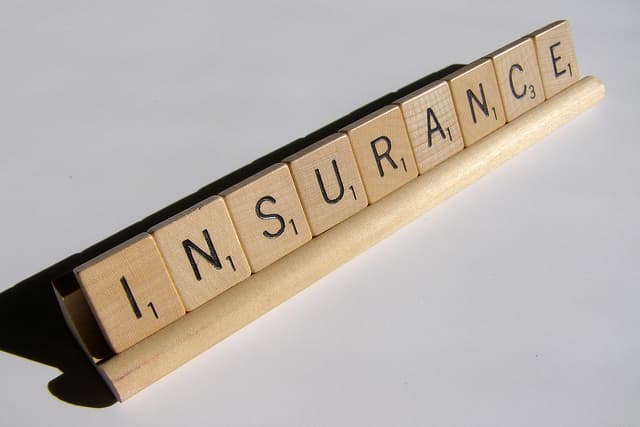Throughout our lives, we are being told to insure against catastrophes. Consequently, we often acquire homeowner’s insurance, renter’s insurance, life insurance, health insurance, disability insurance, automobile insurance and others. Going through a divorce is troubling enough.
However, whether you live in Jupiter, Wellington, or elsewhere in Palm Beach County, you want to make sure that you don’t victimize yourself by not paying attention to the various insurance issues that may arise during or after your divorce. They include:
- Health Insurance. During the course of your divorce, you should not be making any changes to the health insurance coverage unless you receive your attorney’s permission to do so or you are ordered by the court to do so. After your divorce, it is important to notify your insurer that your divorce has concluded and to cancel your spouse’s coverage as soon as it becomes finalized. Continuing to cover your former spouse after the divorce is concluded is technically insurance fraud. If you continue to do so, it could cause you to be dropped from your insurance plan. Your uninsured spouse can continue to be insured through COBRA, but will be required to pay the cost of the COBRA insurance coverage. Alternatively, your former spouse can acquire his or her own health insurance;
- Homeowner’s Insurance. If your spouse vacates the family home and takes the high-value furniture and other goods when he or she leaves, you may be able to reduce your insurance payments. Alternatively, if you move out of the home and into an apartment, you should look into renter’s insurance to cover those furnishings and other items you took from the home or subsequently acquired at the commencement of your divorce;
- Auto Insurance. When you and your spouse begin living separately, after your divorce, you will each need individual car insurance plans. Fortunately, this may be a financial benefit for you because your insurance rates and payments will probably drop. However, you must make sure that your spouse is removed from your policy after your divorce is concluded; and
- Life Insurance. Oftentimes, a final judgment of divorce will require one or both parties to carry a certain amount of life insurance and will designate who should be beneficiaries. In addition, a life insurance policy often is owned by the primary breadwinner during the marriage, with the spouse covered on an attached policy or rider. Since the owner of the policy controls the decision about it, including the naming of beneficiaries, the spouse would have to be released from the policy to buy his or her own policy and to name a different beneficiary. After the divorce is concluded, you should decide whether you should be increasing your death benefits or changing your life insurance policy or changing your beneficiaries.
Always remember that insurance an important component of financially protecting your present status and your future. To obtain additional information regarding how to untangle your insurance plans in your divorce, please click here.
For more than 25 years, Charles D. Jamieson, a Board Certified Family and Marital Law Attorney, has assisted clients in protecting their families and assets during the chaos and upheaval in their divorces. To schedule a consultation or learn more about his firm, visit his website at: https://cjamiesonlaw.com.


